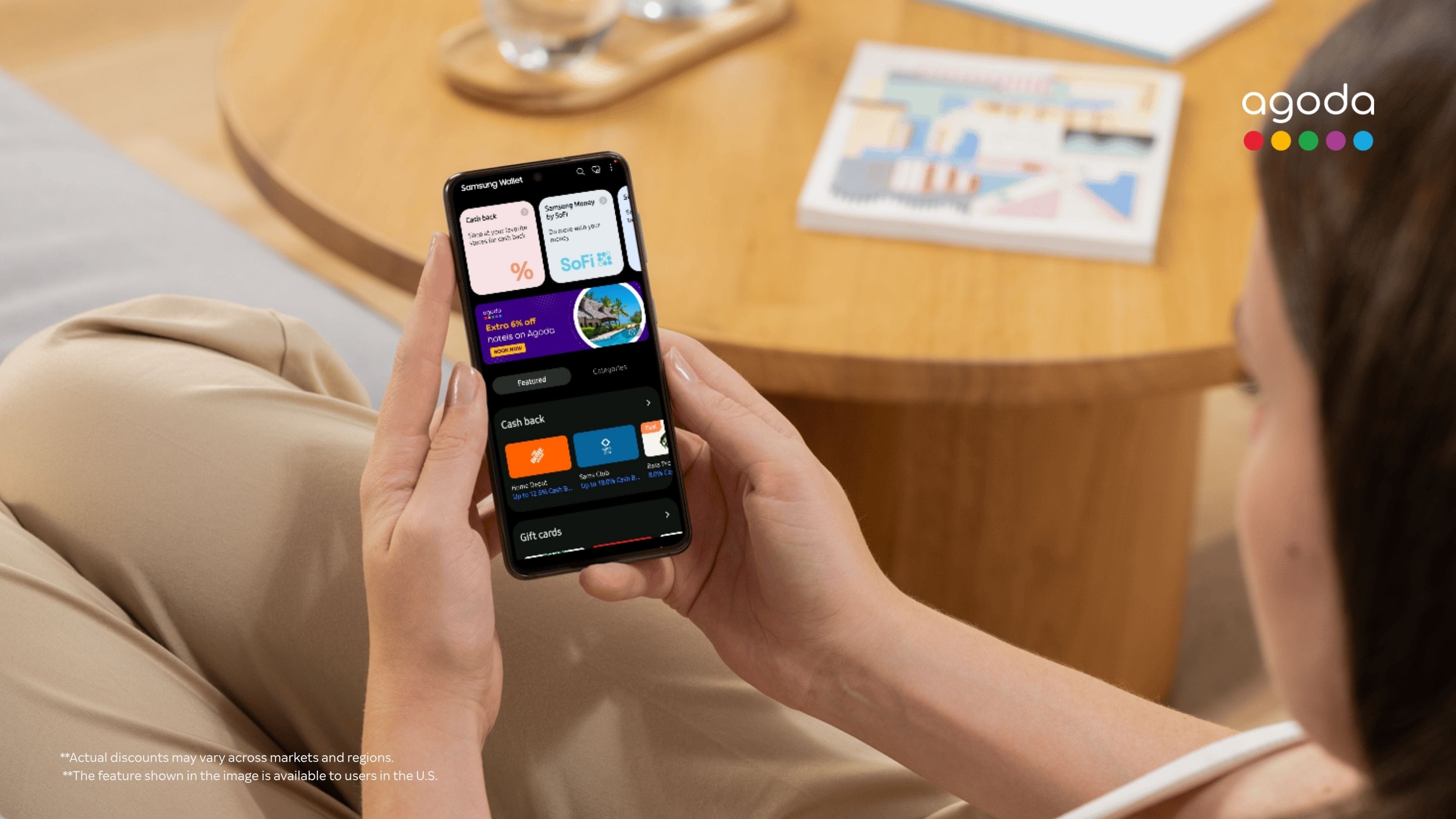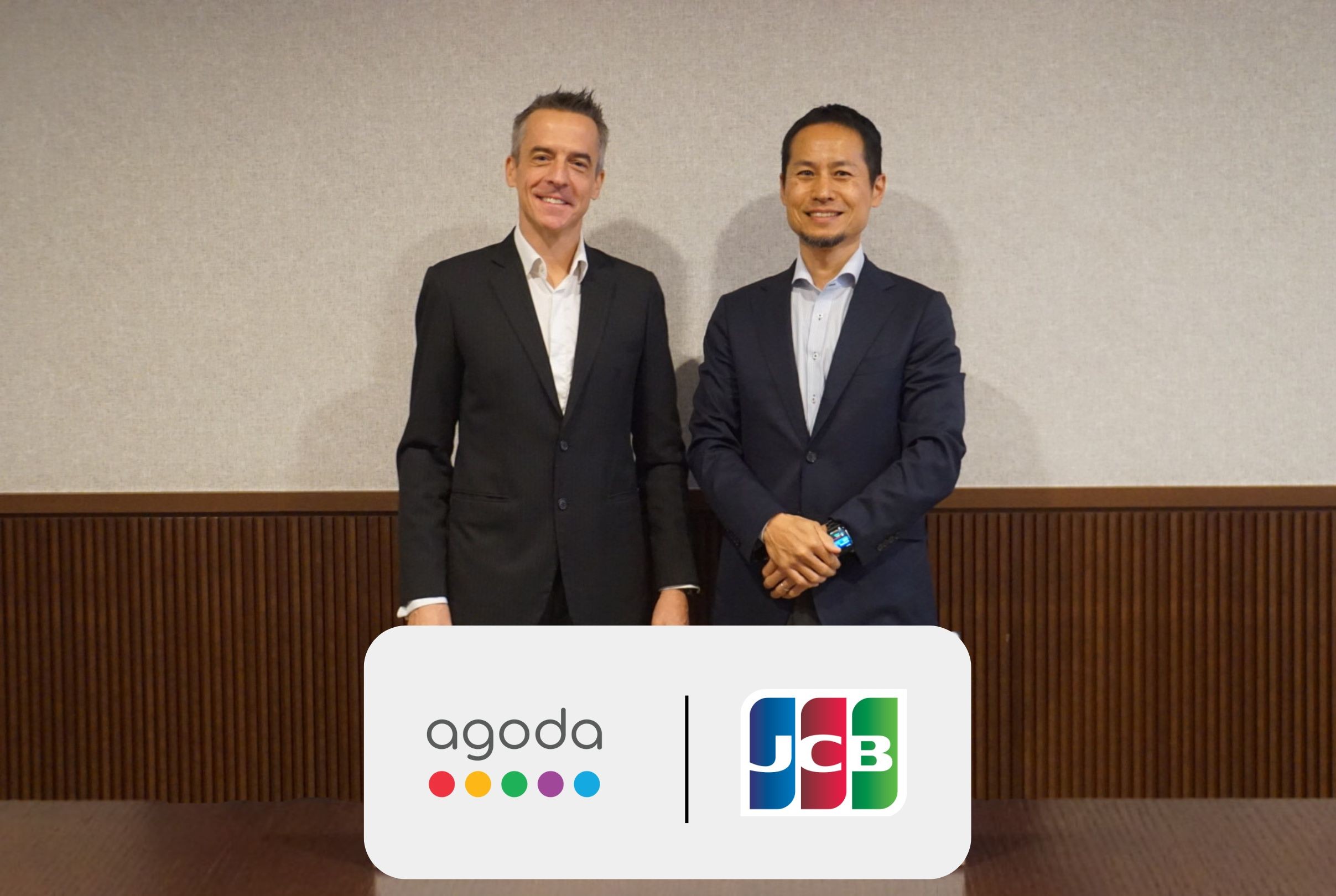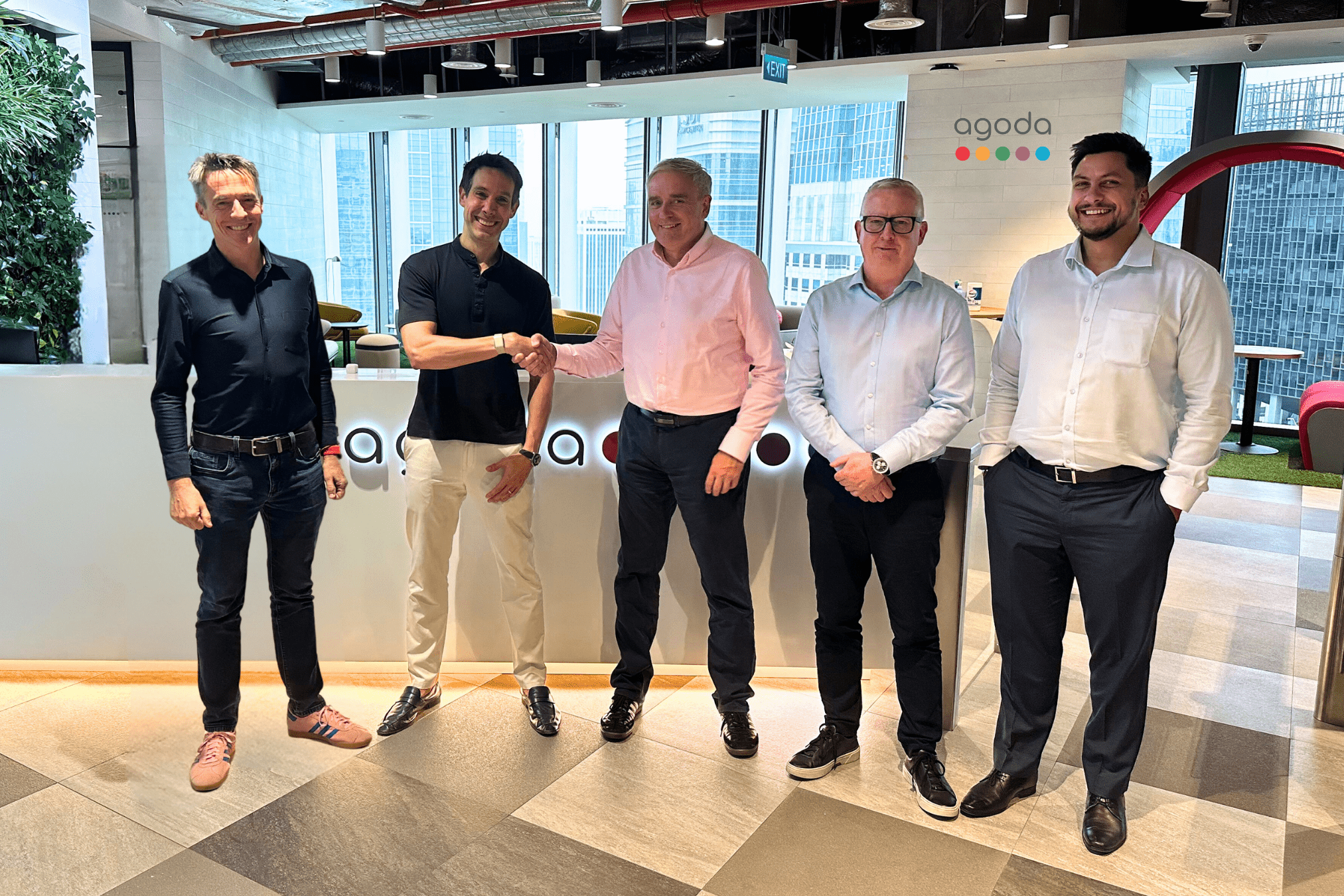Even the most advanced and widely-used systems are not immune to technical difficulties.
The world’s reliance on technology has grown exponentially, with the travel industry in particular embracing technology to streamline operations, manage bookings, and offer personalized services through loyalty programs.
However, this reliance also brings about vulnerabilities, as demonstrated by the CrowdStrike incident. A faulty update to its security software caused approximately 8.5 million Microsoft Windows systems worldwide to crash on July 19. This incident not only had short-term financial repercussions but also posed a risk of long-term damage to the reputation and customer loyalty of affected brands.
The interconnected nature of the travel industry means that a disruption in one company can have cascading effects on its partners. Airlines, hotels, travel agencies, and other service providers often share data and systems, making them collectively vulnerable. This underscores the critical importance of strong customer service and robust data security measures to protect your brand amid these failures.
Stellar Customer Service: A Mitigating Force
In the face of such challenges, exceptional customer service can mitigate damage to a brand when incidents occur beyond a company's control. We saw this with our response to the Crowdstrike incident. During that time, we experienced a significant uptick in customer contacts, marking our second-highest volume weekend this year, aside from the winter storm disruptions in January and February. Contacts increased by 10.5% compared to the previous weekend, with a 15% higher volume than the following weekend.
As soon as the surge began, we worked to increase staffing in order to maintain our service level goals. This allowed us to continue meeting our service level goals of answering at least 80% of customer contacts within 30 seconds. Although we faced challenges, our commitment to customer service ensured that we significantly improved response times with additional staffing and lowered volume.

Data Security: Protecting Your Partners
Beyond customer service, we also aim to ensure business continuity through data redundancy and failover strategies.
At Rocket Travel by Agoda, we prioritize data protection to ensure that data from different partners, such as financial institutions, do not mix. We adhere to Payment Card Industry Data Security Standards (PCI DSS), which involve protocols to prevent credit card information from being stolen. Personal information, such as email addresses and physical addresses, is also protected.
Leveraging both cloud-based and physical server solutions, we maintain a system for patching servers and keeping them up to date. Across all our tech infrastructure we deploy more than 47,000 updates annually to keep our technology on the cutting edge of security. These patches are crucial for maintaining security and compliance with standards like PCI. Additionally, we are enhancing partner health monitoring on the Agoda side, involving more proactive checks beyond just booking patterns.
Our company also has a dedicated team monitoring system health and multiple geolocated data centers. If a significant change in bookings is detected, a global incident notification (GIN) is released, and on-call teams are alerted to address the issue. This strategy allows for geographic recovery, meaning that if a data center in one location fails, another in a different location can take over, minimizing downtime – allowing us to maintain a 99.9% uptime since early 2020.

Bottomline: Managing Risk Protects Your Brand
Brands may not be able to control what situations arise, but they can manage the risks that may affect their reputation. As a strategic partner to leading travel brands, we prioritize delivering robust customer service and data security measures so organizations can keep delivering exceptional experiences to customers.

In the face of such challenges, exceptional customer service can mitigate damage to a brand when incidents occur beyond a company's control. We saw this with our response to the Crowdstrike incident. During that time, we experienced a significant uptick in customer contacts, marking our second-highest volume weekend this year, aside from the winter storm disruptions in January and February. Contacts increased by 10.5% compared to the previous weekend, with a 15% higher volume than the following weekend.
As soon as the surge began, we worked to increase staffing in order to maintain our service level goals. This allowed us to continue meeting our service level goals of answering at least 80% of customer contacts within 30 seconds. Although we faced challenges, our commitment to customer service ensured that we significantly improved response times with additional staffing and lowered volume.





.png)

.png)



